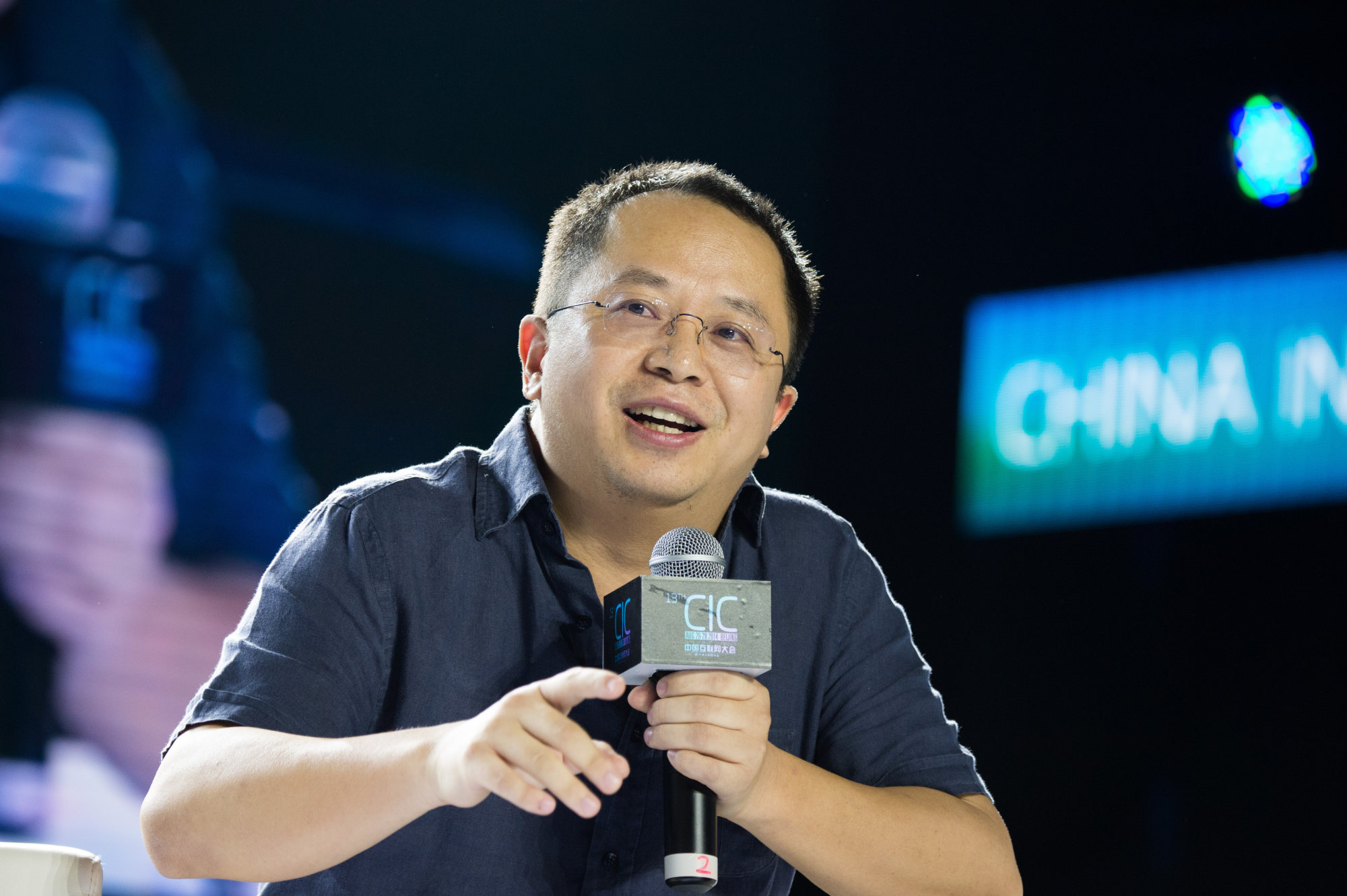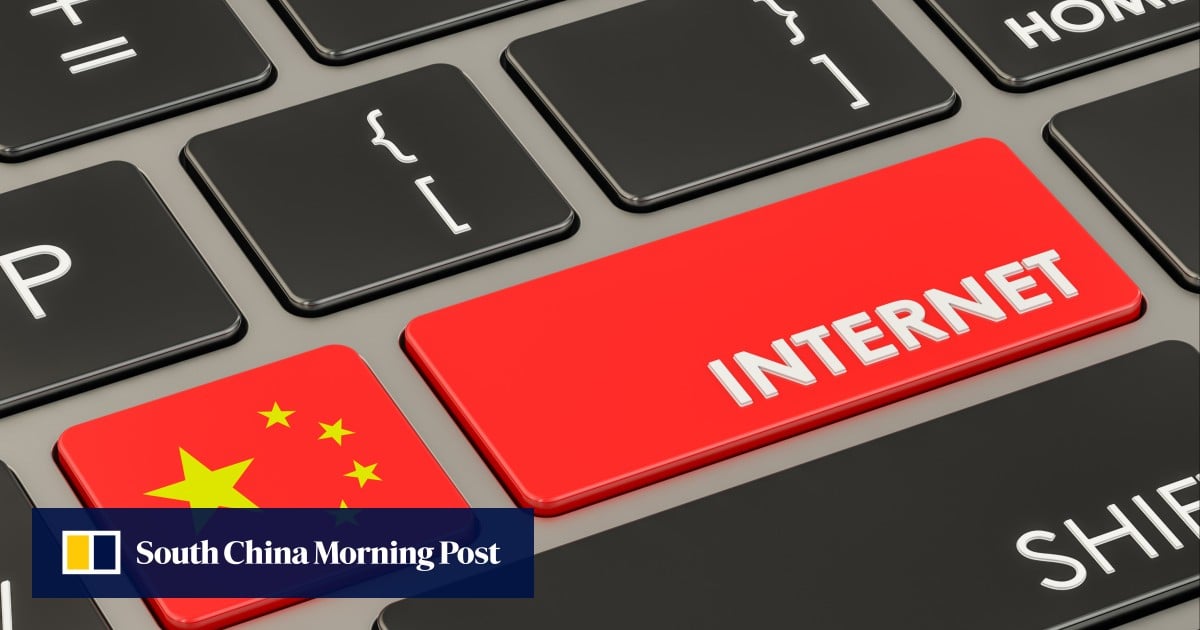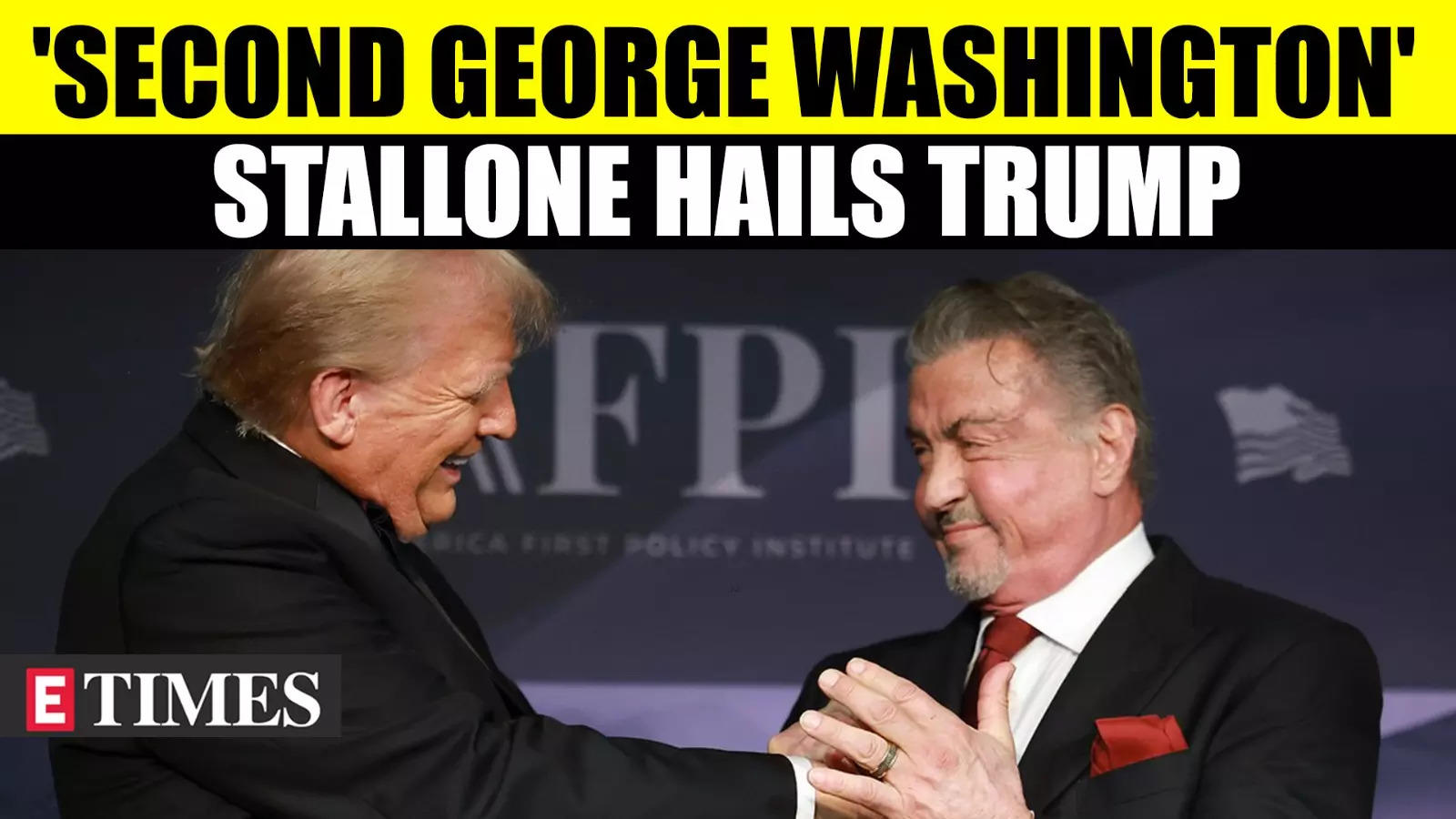China celebrates 30th anniversary of country’s first internet connection in sign of support for the sector
A government-backed forum commemorating the 30-year anniversary of China’s access to the global internet brought together the country’s regulators and Big Tech executives, including Tencent Holdings founder Pony Ma Huateng, on Saturday as Beijing moves to boost the private sector amid a mixed outlook for economic recovery.
Ma, the low-profile chairman of China’s most valuable internet firm, attended a symposium hosted by the Internet Society of China, a government-backed industry association, along with Xiaomi founder Lei Jun, cybersecurity firm 360 Security Technology chairman Zhou Hongyi and Sohu founder and CEO Charles Zhang Chaoyang.
The event celebrated three decades of development in China’s internet industry, which began on April 20, 1994, when a 64 kilobit line from the National Computing and Networking Facility of China was connected to the internet network of Sprint, a US telecoms firm. From that day, China was officially and internationally recognised as a country with full access to the global internet.
China’s Weibo takes down fake images showing a rapidly ageing Pony Ma
China’s Weibo takes down fake images showing a rapidly ageing Pony Ma
The symposium was also attended by officials from government bodies including the Ministry of Industry and Information Technology (MIIT), the Cyberspace Administration of China (CAC) and the newly established National Data Administration, according to the official Xinhua news agency.
Details of the discussions were not made public. Key topics included artificial intelligence (AI), industry innovation, cybersecurity and data security, according to Xinhua.
The forum was one of the few times Tencent’s Ma and 360’s Zhou have appeared in public together. In 2010, the two were involved in one of the most well-known feuds among internet firms in China, after Tencent forced its customers to stop using 360 services.
Ma and Zhou were seen shaking hands in a video clip that Zhou posted on his social media accounts. He also thanked Ma for supporting him on WeChat Channels, the super app’s short video feature. Ma jokingly called Zhou an “internet celebrity”.
China’s internet industry has undergone a recovery in recent months after years of intensified scrutiny from the Chinese government.
The sector saw total revenue from large internet firms grow 7.6 per cent year on year in the first two months of this year, while total profits rose 6.5 per cent, the MIIT said in a report published earlier this month.

However, local internet entrepreneurs have urged the government to do more to shore up confidence in the sector, and private industry in general, which have suffered in past years due to pandemic lockdowns and stringent regulatory crackdowns.
While China’s latest quarterly economic data, released earlier this month, beat expectations, analysts have warned that the economy still faces downward pressure from weak consumption and property sector woes.
To boost internet industry development, the MIIT will strengthen China’s information infrastructure, help AI to integrate with industries such as manufacturing, and “adhere to” economic reform and improve the business environment, MIIT spokesman Zhao Zhiguo said at the forum, according to an article published by the CAC.




)



